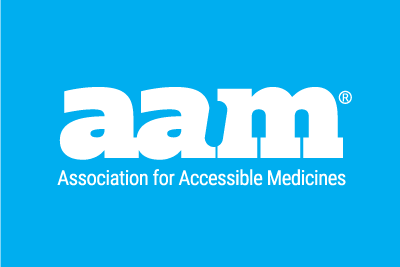Seniors Pay More for Generic Medicines Every Year While Prices Continue to Fall. Why?
Avalere analysis finds Part D prescription drug plans continue to increase patient copays for generics by moving them to higher tiers
WASHINGTON (April 17, 2024) — The Association for Accessible Medicines, the leading trade association for generic and biosimilar manufacturers, commented on an analysis released yesterday by Avalere showing that Medicare plans increase patient costs for generic medicines by moving thos
